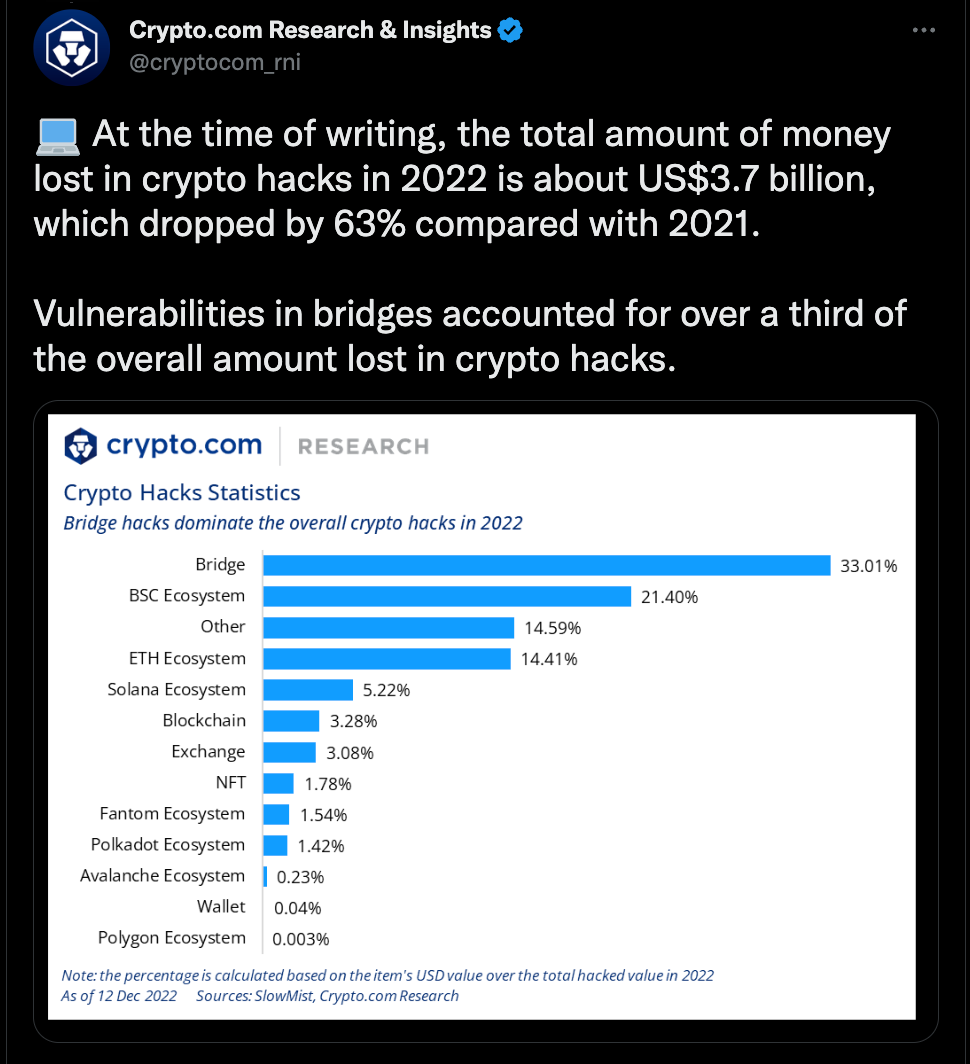The Ultimate Guide to Digital Wallets: Understanding and Choosing the Right One for You
From mobile wallets to hardware wallets, we explore the different types of digital wallets to use for your cryptocurrency.
Digital wallets for cryptocurrency are precisely what they sound like – digital versions of a physical wallet that allow you to store, manage, and use your cryptocurrency. These wallets are essential for buying, selling, or holding onto cryptocurrency and provide a secure and convenient way to access your digital assets.
There are several different types of digital wallets for cryptocurrency, each with its features and benefits. Some of the most popular types of wallets include:
Hot wallets: These are connected to the internet, making them more convenient for day-to-day use. However, this also means that they are more vulnerable to hacking attempts. Some examples include MetaMask, Coinbase Wallet, and Trust Wallet.
Cold wallets: These are not connected to the internet, making them much more secure. They are often used for long-term cryptocurrency storage and are considered the safest option. Some examples include Ledger and Trezor.
Desktop wallets: These are installed on your computer and allow you to store and manage your cryptocurrency on a local device.
Mobile wallets: These are available as apps on your smartphone and allow you to access your cryptocurrency on the go.
We’ll be discussing hot and cold wallets. The main difference between the two is that a hot wallet requires no additional authorization from a hardware wallet for any transaction on the blockchain. As a result, hacks are more likely to occur from a phishing email or scam attempt. One way to protect your cryptocurrency is by using a physical self-custody wallet. These wallets, such as Ledger and Trezor, give you complete control over your private keys. As a result, holding your assets on a hardware wallet and making it self-custody will be a much safer option than a hot wallet.
Here are some essential tips when using a hardware wallet:
Write down your seed phrase in a safe and secure place. E.g., instead of using your Notes app on your laptop, use a physical notepad or journal, and for ultimate security purchase a backup device such as Cryptosteel. Keep track of your seed phrase safely since you can only view it once when setting up your Ledger or Trezor.
Create 2-3 different wallets on your Ledger or Trezor. E.g., 1st wallet should be considered a “never touch” wallet. It should only be used to transfer NFTs/Crypto in and out of different wallets. 2nd wallet can be considered a buy/sell wallet, where you interact with different marketplaces such as Blur or OpenSea.
Lastly, and most importantly NEVER EVER sign a suspicious link or minting contract with ANY of your wallets on your hardware wallet. ALWAYS use a hot wallet for your future mints by transferring the required ETH from your cold wallet. I’ve seen too many Bored Apes, Azukis, and other blue-chip holders lose everything due to signing or clicking on a link with their wallets full of valuable NFTs.
Unfortunately in 2022, about $3.7B has been involved in cryptocurrency hacks. Most of which consisted of large corporations or protocols such as FTX, Ronin, and Wormhole. These attacks highlight the importance of using secure digital wallets and practicing good security habits, such as using a physical self-custody wallet and enabling two-factor authentication.
In conclusion, digital wallets for cryptocurrency are essential for anyone looking to buy, sell, or hold onto digital assets. There are several types of wallets to choose from, each with its features and benefits. However, it's important to remember that all digital wallets are vulnerable to hacking attempts. Hence, practicing good security habits is crucial, and consider using a self-custody wallet to protect your cryptocurrency.
Images provided by Coinbase and Crypto.com
Link to my preferred hardware wallets:
Ledger
https://shop.ledger.com/?referral_code=R7DQR6ZCTPPTB
Trezor
https://trezor.go2cloud.org/aff_c?offer_id=133&aff_id=32525






Great first issue! Understanding and buying wallets should always be no.1 when getting into the space. Looking forward to the next read!